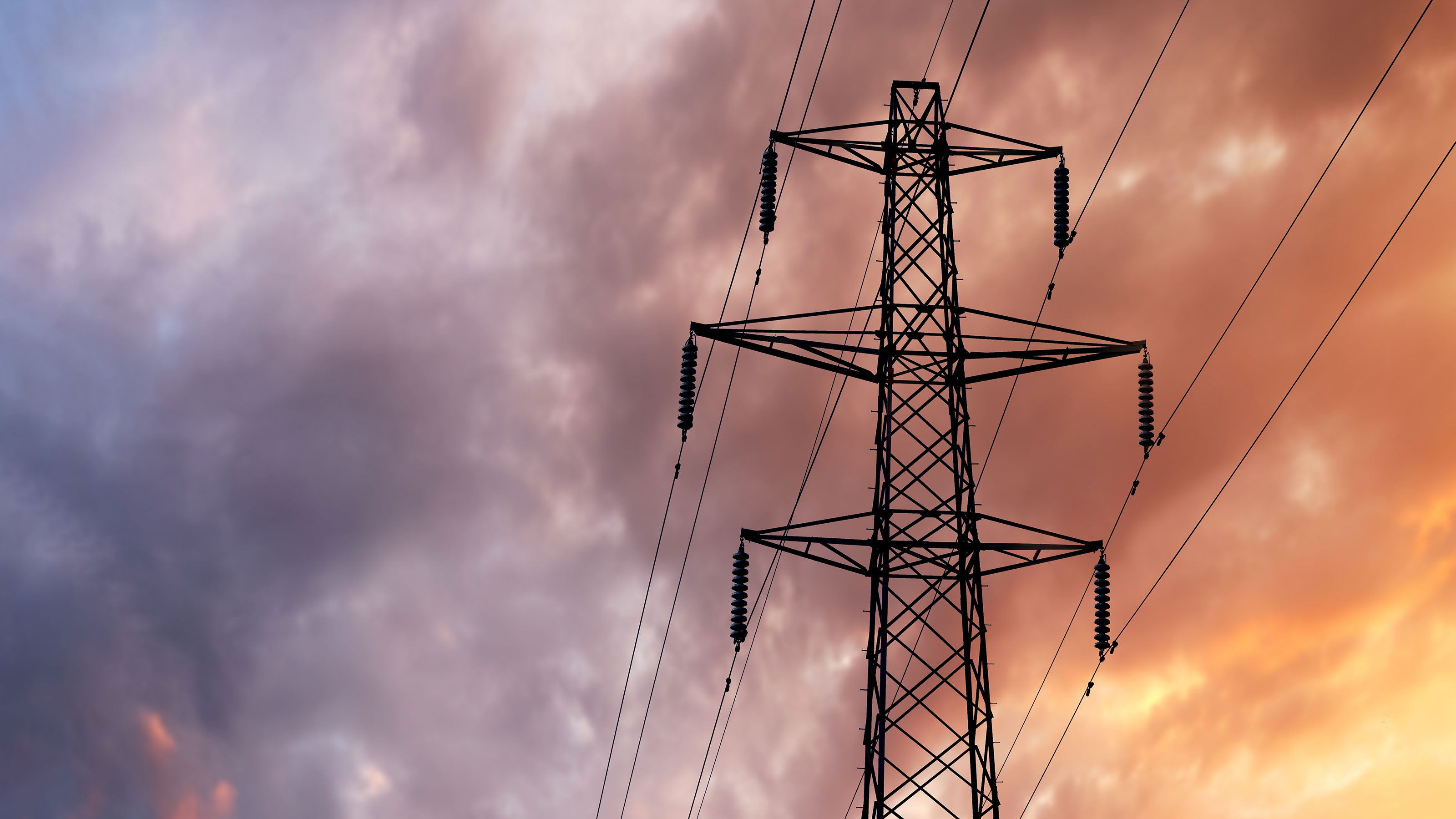National Grid lays out its blackouts plan for power shortages this winter — What you need to know
National Grid has laid out its blackout strategies for dealing with power shortages this winter. Here’s what they are

The National Grid has laid out its strategies for dealing with blackouts this winter as it admits meeting energy demand will be challenging. It has, however, stressed that despite this, widespread power outages remain "unlikely".
National Grid ESO, the electricity system operator for the UK, published its annual outlooks of electricity and gas supplies on Thursday to help homeowners and businesses prepare for potential energy shortages this winter.
It has prepared three scenarios for maintaining the UK’s electricity grid amid fears over the worst global energy crisis for decades. Homeowners have already began receiving a £400 energy grant this month to deal with soaring energy prices.
While planned blackouts are unheard of for many, this would not be the first time the UK has experienced it. In the 1970s blackouts were planned, including the ‘three-day week’, in response to the miners’ strike and the oil crisis.
Here's what you need to know for the long, potentially cold, winter ahead.
What is their worst case blackouts scenario?
Blackouts of up to three hours a day are the worst case scenario if electricity supplies run out.
“In the unlikely event that we were in this situation, it would mean that some customers would be without power for pre-defined periods during a day – generally this is assumed to be for three hour blocks,” said National Grid.
Get the Homebuilding & Renovating Newsletter
Bring your dream home to life with expert advice, how to guides and design inspiration. Sign up for our newsletter and get two free tickets to a Homebuilding & Renovating Show near you.
“This would be necessary to ensure the overall security and integrity of the system across Great Britain."
What are the other two blackouts scenarios?
In the event of the UK running out of electricity, two more plans have been set out to avoid supply interruptions.
The first elaborates on National Grid’s off-peak energy rebate scheme, which it proposed last month. Under the scheme, homeowners will agree in advance to be paid to stop using electricity temporarily during peak demand. This will take place between November and March.
The scheme has been called the Demand Flexibility Service and will encourage homeowners to sign up with the energy supplier to receive a rebate on their energy bills if they put on the dishwasher or washing machine overnight or at off-peak times.
National Grid hopes that businesses and homeowners making use of off-peak electricity times will lead to around two gigawatts of reduced demand – enough to power about 600,000 homes. Further details on the scheme are expected soon.
Jake Rigg, director of corporate affairs at the ESO, said: “The demand flexibility service is a first of its kind and a smart way for signed up consumers in homes and businesses to save money and back Britain. If you put your washing machine or other electrical appliances on at night instead of the peak in the early evening, you can get some money back when we all need it.”
In the second scenario, National Grid will ask coal-fired power plants to stay online longer than planned beyond September. While, it isn't ideal for the UK's carbon targets, these plants could fire up two gigawatts of power to offset the risk of blackouts.
How would blackouts affect me?
Blackouts would likely occur at peak times such as the morning or early evening (between 4pm and 7pm), and households would be warned in advance.
The number of households cut off from the electric grid would depend on how many power plants would need to shut down due to gas shortages, National Grid says. Hospitals and other vital infrastructure would be excluded.
In response to National Grid’s plans, a government spokesperson said: “The UK has a secure and diverse energy system. To strengthen this position further, we have put plans in place to secure supply and National Grid, working alongside energy suppliers and Ofgem, will launch a voluntary service to reward users who reduce demand at peak times.”
Why could there be blackouts?
National Grid fears that the UK might not be able to import enough energy this winter. One reason for this is cuts to Russian supplies of gas to Europe amid its invasion of Ukraine, while supplies of electricity from France, Belgium and the Netherlands are also strained.
The UK relies heavily on gas-fired power plants to produce electricity, which accounts for roughly 40% of electricity supply over the last year. And assuming the UK cannot import sufficient electricity from these plants, the grid would be shut down in some areas of the UK to prevent widespread power outages.
It is “unlikely” this scenario will happen, National Grid says, adding that its “base case” is that Britain will have enough electricity to meet demand this winter, including buffer supplies.
Jack has worked in journalism for over a decade and was the former News Editor of Homebuilding & Renovating between 2019 until 2023. In his time as News Editor he broke the most relevant and beneficial stories for self builders, extenders and renovators, including the latest news on the construction materials shortage, planning permission and green initiatives. In 2021 he appeared on BBC's The World at One to discuss the government's planning reforms.
He enjoys testing new tools and gadgets, and having bought his first home in 2013, he has renovated every room and recently finished a garden renovation.

